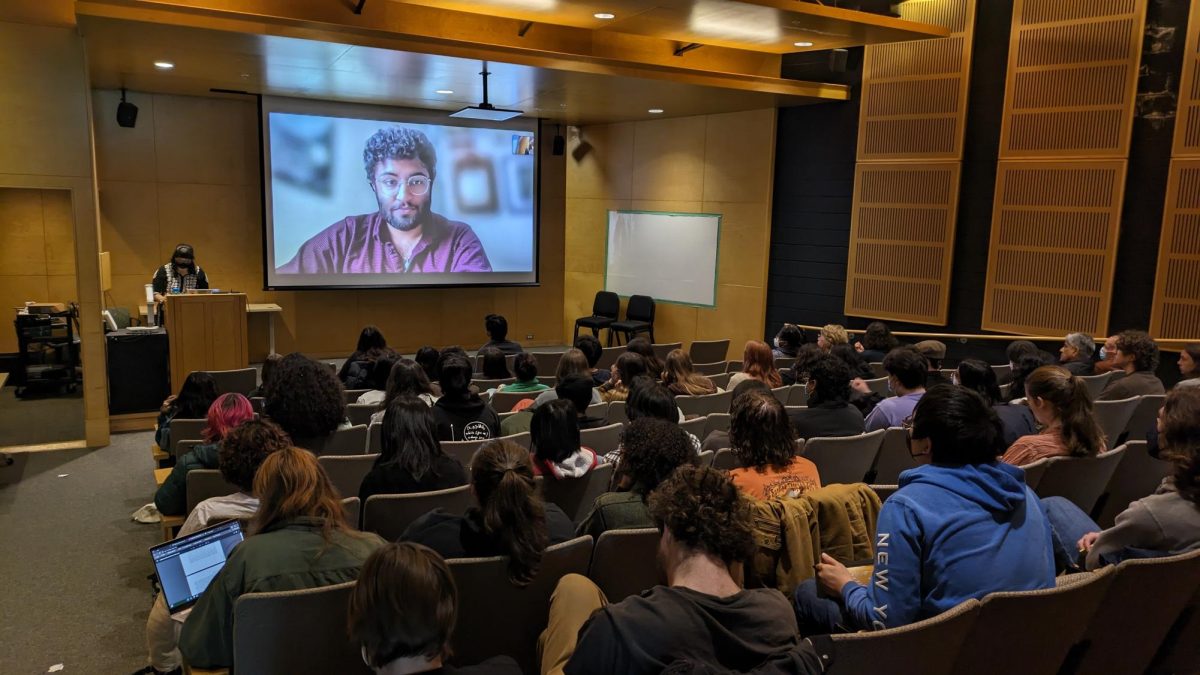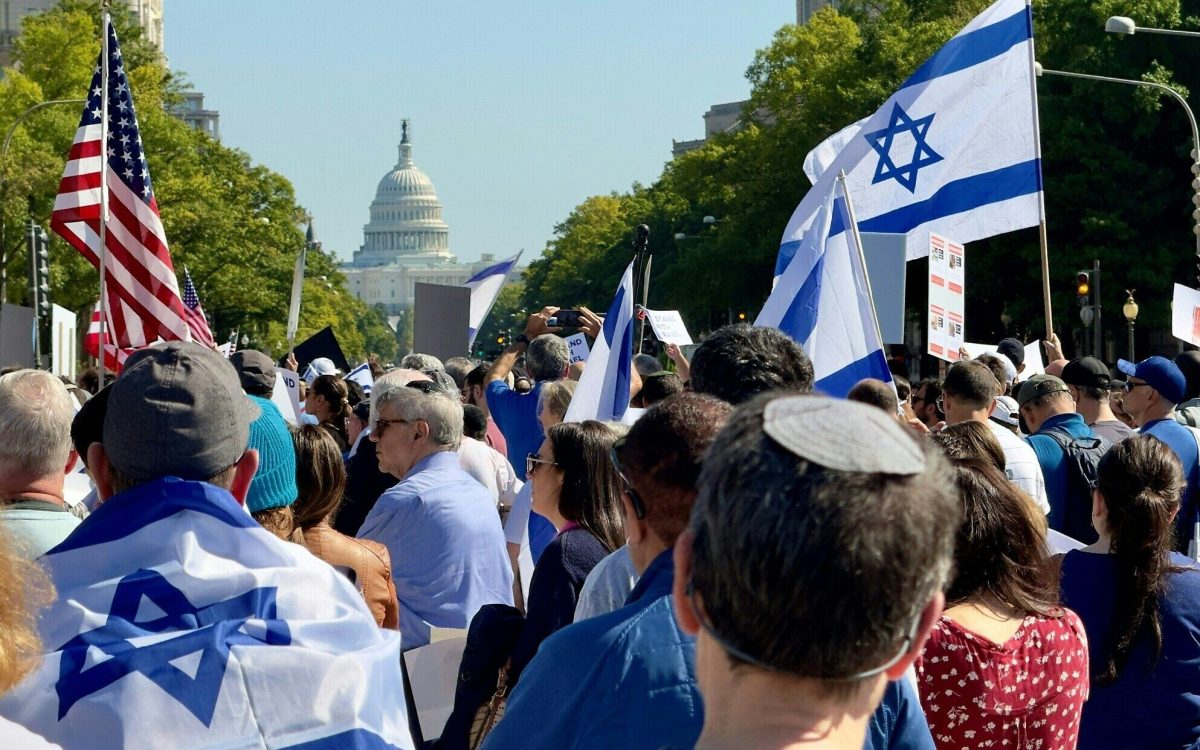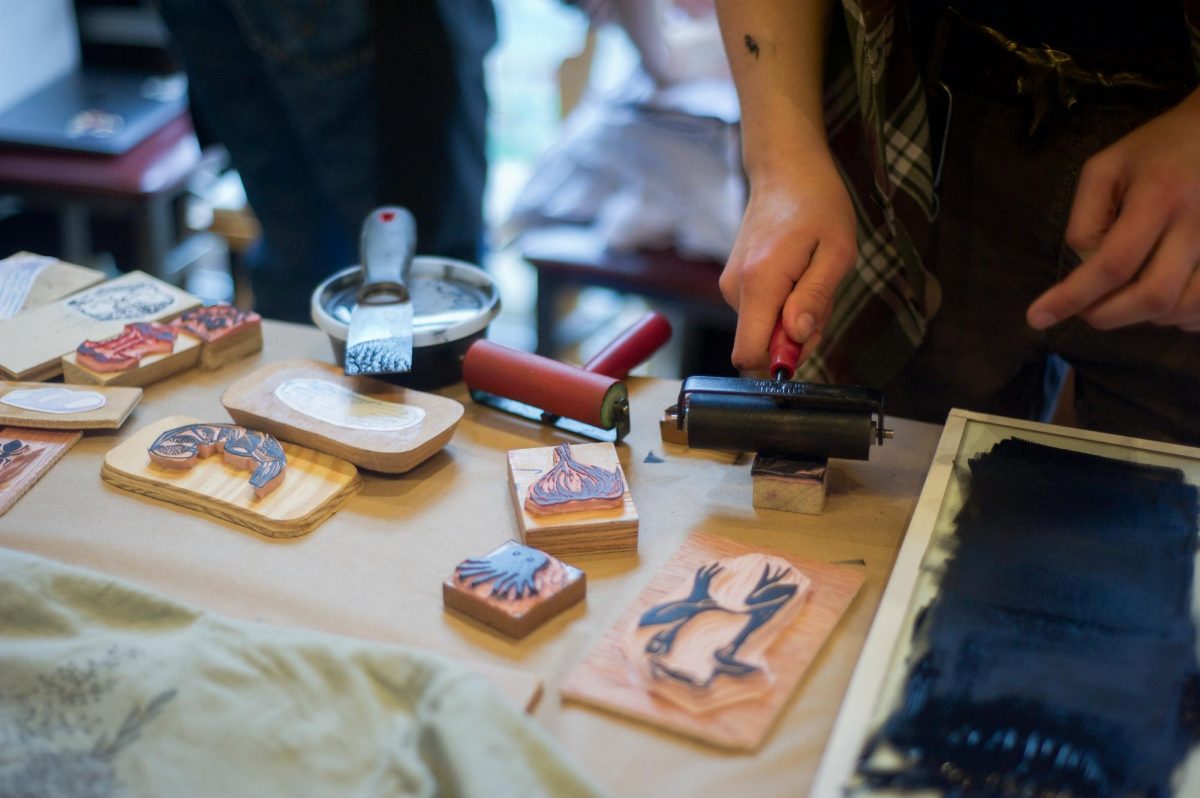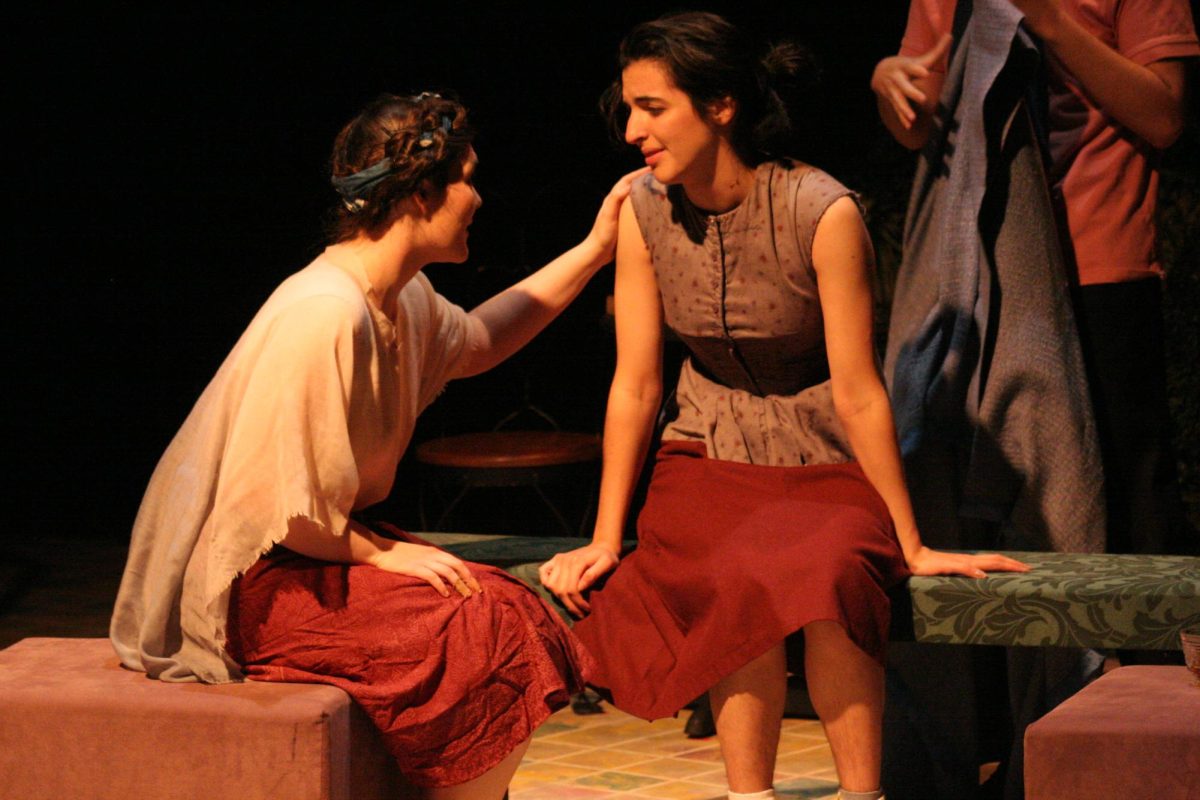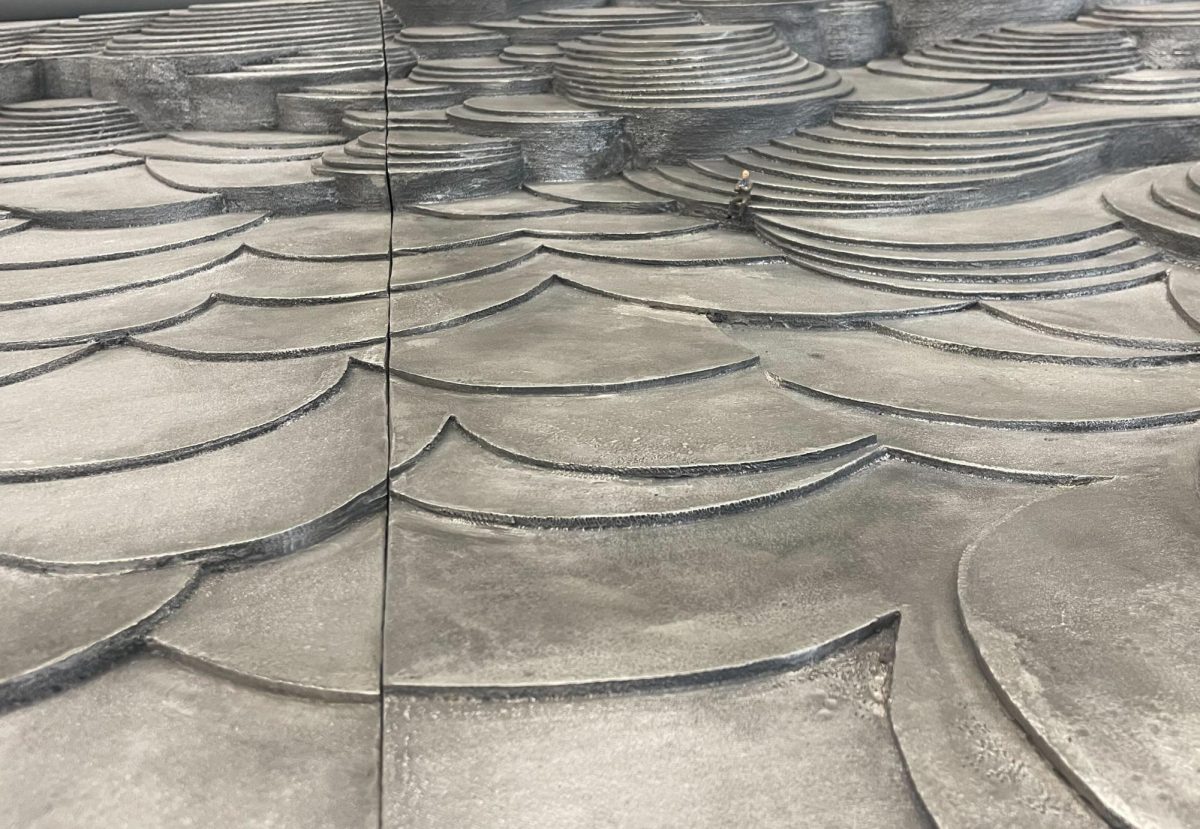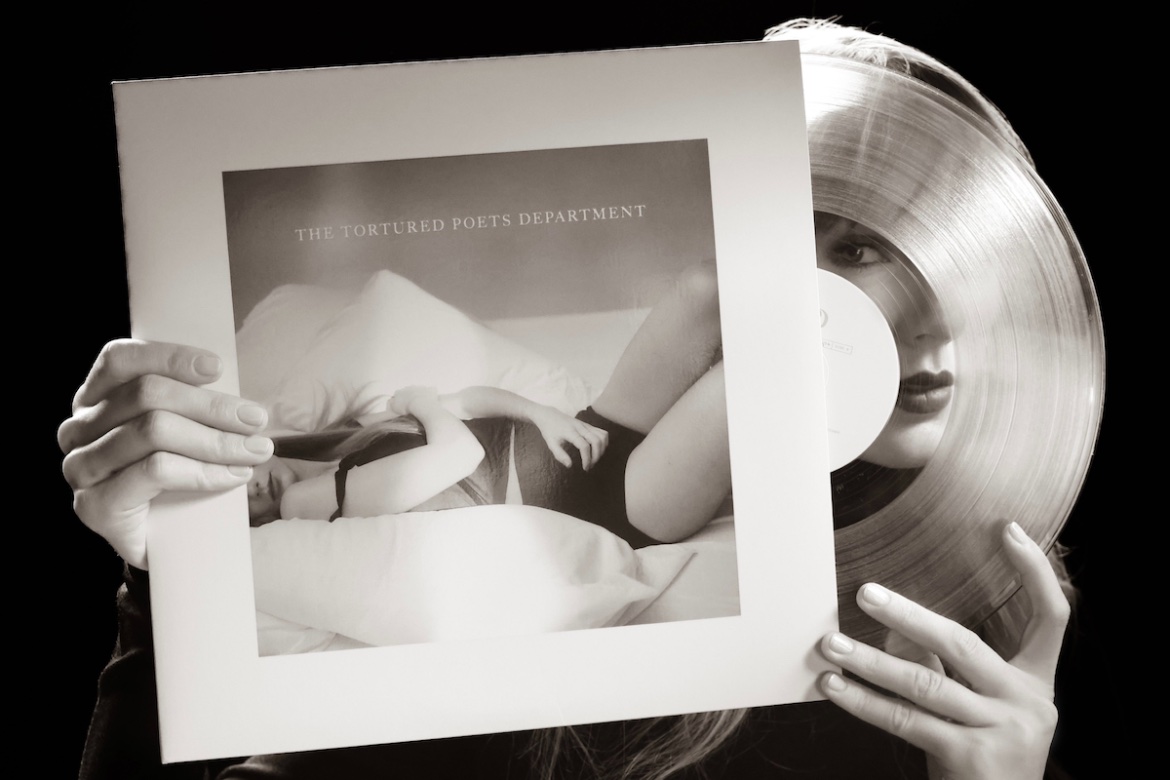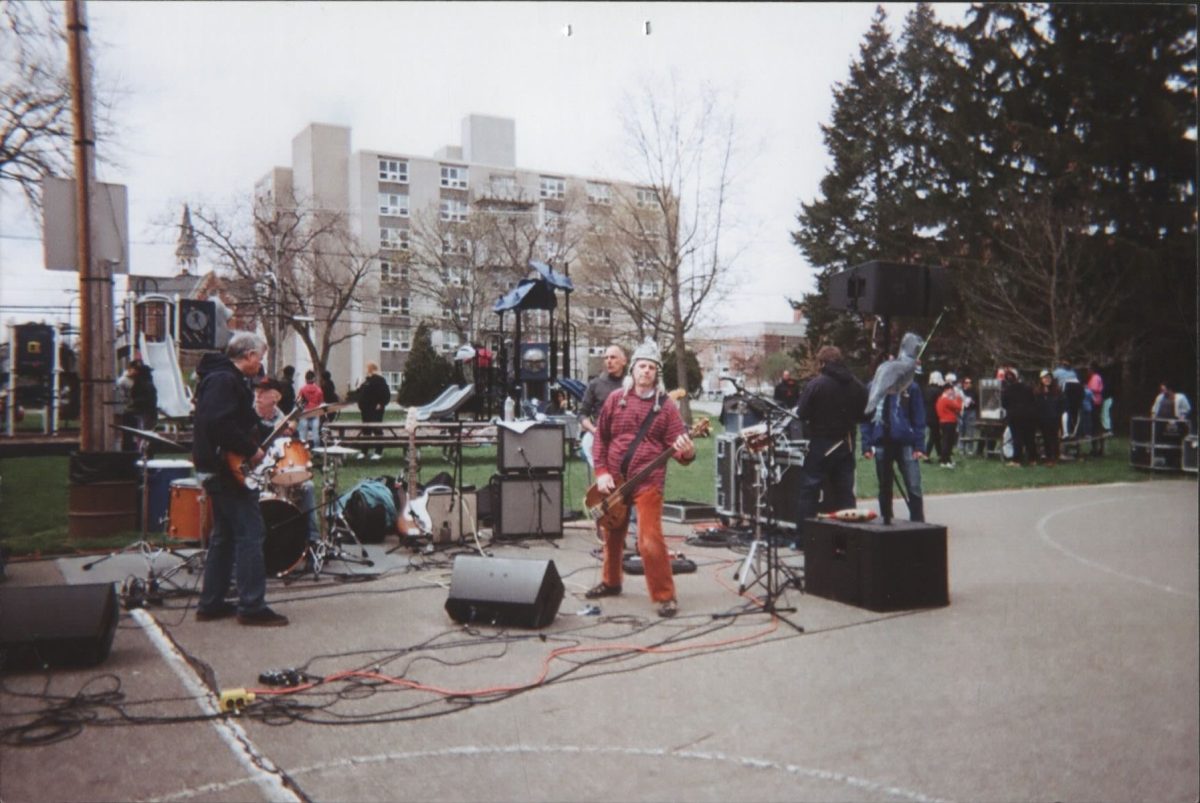Letter to the Editors: Lawyer Discusses Pivotal Gay Marriage Case
April 29, 2011
To the Editors:
David Boies, one of the country’s most prominent attorneys, appeared at Oberlin on April 5 to discuss his role in the California gay marriage case. I appreciate the Review’s invitation to report on his appearance.
The case Perry v. Schwarzenegger has attracted attention not only for its importance as a major civil rights matter but because of the novelty of the two leading co-counsel. Boies and his co-counsel, Theodore Olson, were on opposite sides of Bush v. Gore, the case in which the Supreme Court determined the outcome of the presidential election in 2000. Boies is a liberal. Olson is a leading conservative lawyer and served as solicitor general under George W. Bush. Boies joked that he has a deal with Olson — he’ll deliver the four justices he got in Bush v. Gore if Olson delivers the five he got.
Boies said he and Olson don’t agree on many issues besides red wine and gay marriage. Olson approaches the subject primarily from a libertarian perspective.
Boies pointed out that denying gays the right to marry is the only example of government-sponsored legal discrimination against a group of people still in existence (except for some barriers for women in the military).
He and Olson set out to prove three things. First, marriage is a fundamental right. (The Supreme Court has repeatedly endorsed this idea for straight people, for instance, allowing felons serving life sentences to marry.) Second, depriving gays and lesbians of the right to marry harms them and their children socially, economically and psychologically. Third, depriving queer people the right to marry doesn’t help anybody. (When same-sex marriages were legalized in Massachusetts and Iowa, no heterosexual couples got divorced because the institution of marriage had been devalued.)
Boies and Olson presented a parade of expert witnesses at the trial. Their opponents conducted depositions with eight witnesses but called only two to the stand; under cross-examination, both witnesses conceded major parts of the pro-gay marriage position.
In his ruling, district court chief judge Vaughn Walker agreed that banning gay marriage is unconstitutional and issued lengthy “findings of fact.” The case is now before the Ninth Circuit Court of Appeals. Most observers believe the case will eventually be heard by the Supreme Court. The court could rule broadly, as Boies and Olson have urged the courts to do, making gay marriage legal everywhere, or it could issue a narrower ruling, perhaps applicable only to California.
The Boies/Olson strategy is controversial among some in the gay legal community, who fear a negative outcome would be tantamount to a gay Plessy v. Ferguson (the notorious case that found “separate but equal” racial standards to be constitutional in 1896). Boies counters that, even if the case fails, the courts will not use the demeaning language of Plessy, and this litigation will move the line forward. (As late as 1986 Justice Byron White referred to gay rights claims as “facetious” in the Bowers v. Hardwick sodomy case. That decision was overruled in Lawrence v. Texas in 2003 with a sweeping opinion by Justice Anthony Kennedy.)
Asked how he became involved in this case, Boies said he was moved by the thousands of gays and lesbians who lined up to get married when Mayor Gavin Newsom opened the door to marriage in San Francisco in 2004. In response to the question of why civil unions are not enough, he reminded the audience that, given a choice between marriage and civil unions, no one chooses civil unions. Denying the right to marry creates an unconstitutional classification.
When Boies concluded his speech in First Church, he received a spontaneous standing ovation. He returned to the podium and said, “Don’t thank me, this case doesn’t expose me to risk. Thank the people who came out when it was dangerous.”
–Clayton Koppes Professor of History





